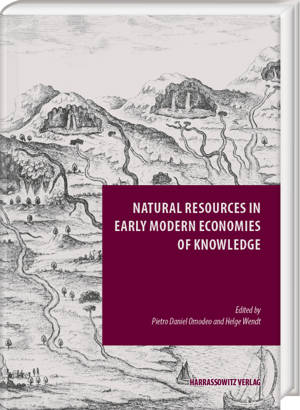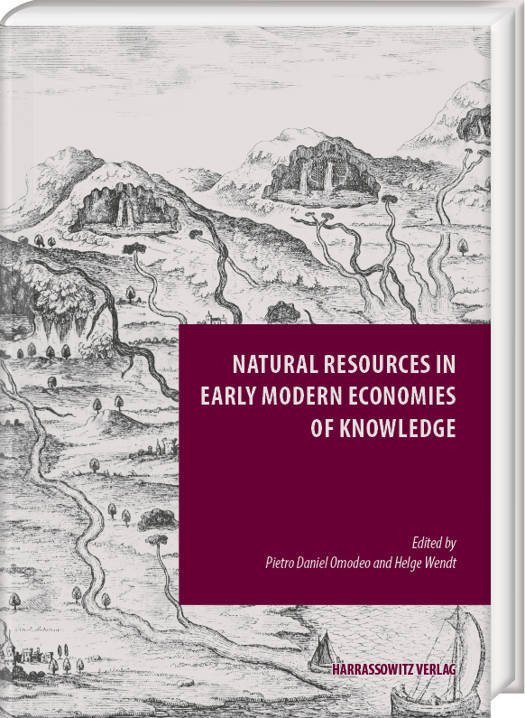
- Afhalen na 1 uur in een winkel met voorraad
- Gratis thuislevering in België vanaf € 30
- Ruim aanbod met 7 miljoen producten
- Afhalen na 1 uur in een winkel met voorraad
- Gratis thuislevering in België vanaf € 30
- Ruim aanbod met 7 miljoen producten
Zoeken
Natural Resources in Early Modern Economies of Knowledge
€ 57,45
+ 114 punten
Omschrijving
Natural Resources in Early Modern Economies of Knowledge investigates the epistemological dimension and the social embedding of early modern resource policies. It especially addresses the knowledge economy of two resource groups - water and extracted minerals - in their cultural contexts. The study of the practical dimension implies that special attention is paid to labor activities such as mining, fishing and engineering, while the investigation of the cognitive dimension concerns the codification and transmission of knowledge about terrestrial and aquatic resources, both vernacular and scientific. The contributions of this volume provide a comprehensive overview of the knowledge layers that underpinned the material and immaterial economy of the early modern period in fields such as natural history, proto-geology, metallurgy, alchemy, early hydrology, ichthyology, tidal theories, natural philosophy and cosmology. They address the multi-layered episteme of resource-related knowledge from the sixteenth to the late eighteenth century, and argue for the intertwining of social organization, practices (including the use of technology), and theoretical learning. The articles also point out the ecological roots and consequences of economic-epistemological activities and the shifting conceptualization of the natural resources that were exploited and valued.
Specificaties
Betrokkenen
- Uitgeverij:
Inhoud
- Aantal bladzijden:
- 240
- Taal:
- Engels
- Reeks:
- Reeksnummer:
- nr. 40
Eigenschappen
- Productcode (EAN):
- 9783447123693
- Verschijningsdatum:
- 9/07/2025
- Uitvoering:
- Hardcover
- Formaat:
- Genaaid
- Afmetingen:
- 175 mm x 20 mm
- Gewicht:
- 820 g

Alleen bij Standaard Boekhandel
+ 114 punten op je klantenkaart van Standaard Boekhandel
Beoordelingen
We publiceren alleen reviews die voldoen aan de voorwaarden voor reviews. Bekijk onze voorwaarden voor reviews.






